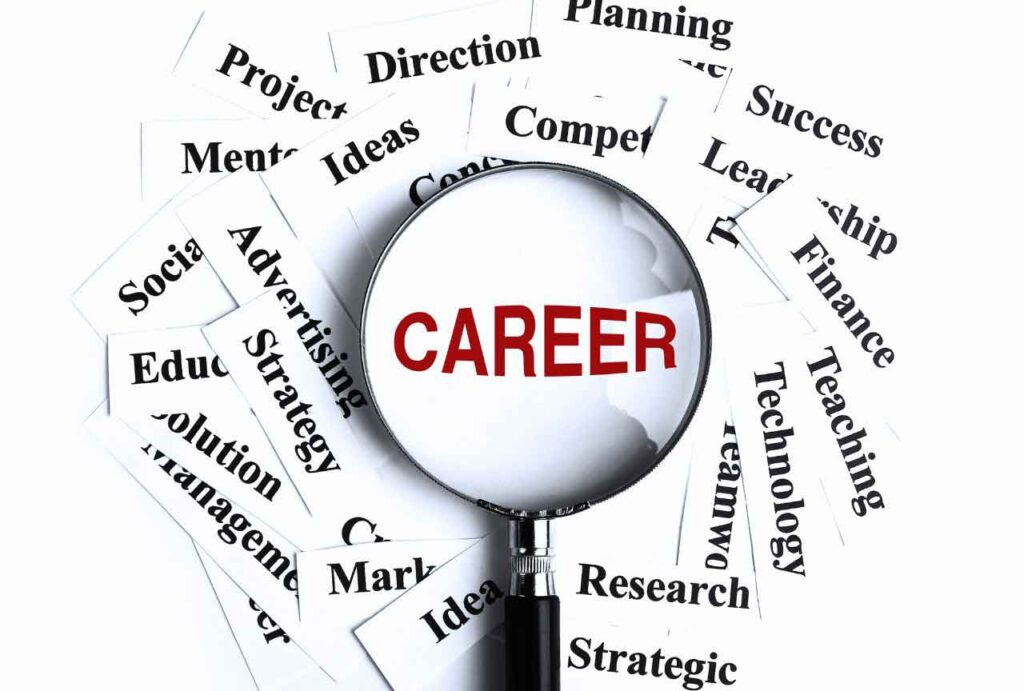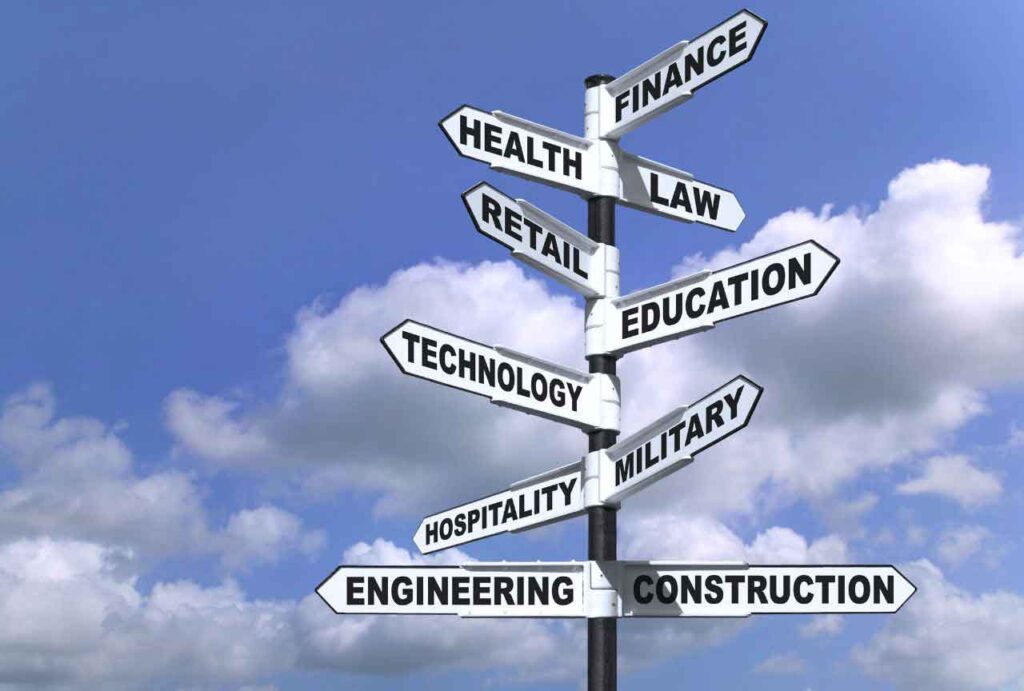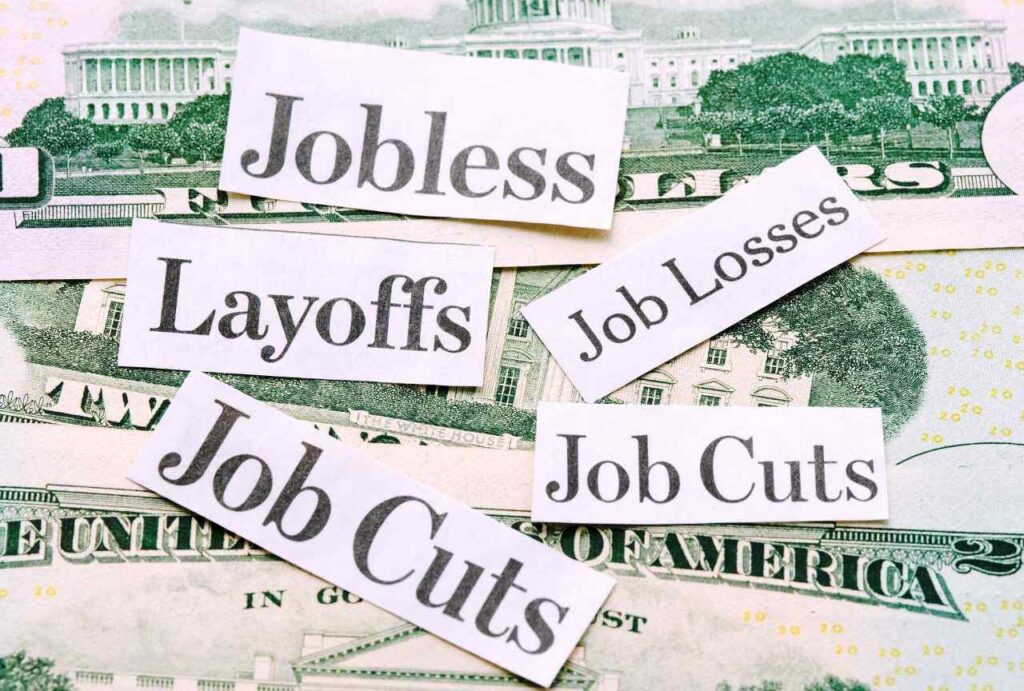Career decisions are among the most significant choices students make that shape their future. Yet, many students approach these decisions without the guidance they need, often relying on incomplete information or external pressures. Career counseling, a critical tool in navigating the complexities of career planning, is frequently overlooked or misunderstood.
Without proper counseling, students may find themselves pursuing fields that do not align with their skills or aspirations, leading to dissatisfaction and avoidable setbacks later in life. Career counseling bridges this gap, offering tailored guidance that helps students make informed decisions aligned with their strengths, goals, and the realities of the job market.
I. Understanding What is Career Counseling
Career counseling is a structured process designed to guide individuals, particularly students, in making informed career decisions that align with their skills, interests, values, and future aspirations. It goes beyond providing basic advice by offering a comprehensive analysis of a student’s strengths and potential, coupled with insights into industry trends and job opportunities.
1. Definition and Purpose
Career counseling involves one-on-one or group interactions with qualified professionals who assess various aspects of an individual’s personality, preferences, and aptitude. The primary goal is to equip students with the tools and knowledge needed to make confident decisions about their academic and career paths. This guidance is crucial in reducing the uncertainty that often accompanies career planning.
2. Who Provides Career Counseling?
Career counseling is typically delivered by certified career counselors, educational consultants, or psychologists with expertise in guiding individuals toward meaningful career paths. These professionals use various tools, such as psychometric tests, aptitude evaluations, and personality assessments, to understand students’ unique profiles and recommend suitable career options.
3. The Distinction Between Career and Academic Counseling
While both career and academic counseling focus on supporting students, they address different aspects of their development:
- Academic Counseling: Primarily focuses on helping students with course selection, academic performance, and overcoming challenges related to their studies.
- Career Counseling: Centers on career goals, exploring career opportunities, and mapping out a pathway to achieve those goals. It encompasses both educational and professional planning to ensure a holistic approach to success.
4. Comprehensive Approach
Career counseling is not a one-time activity but an ongoing process that adapts to the student’s growth and changing aspirations. It emphasizes the importance of self-discovery, skill enhancement, and staying updated with market demands, ensuring that students are well-prepared for the evolving job landscape
II When and How to Seek Career Counseling
Knowing when and how to seek career counseling can make a significant difference in your career planning process. Here’s what you need to know:
1. When Should You Seek Career Counseling?
- Before Making Major Academic Decisions
If you’re unsure about which courses or programs to choose after high school, it’s a great time to consult a career counselor. They can help match your interests and strengths with the right options. - When Feeling Confused or Overwhelmed
If you’re feeling uncertain about your future or struggling to decide between different career paths, career counseling can help clear your mind and provide direction. - Before Entering the Job Market
Career counseling isn’t just for students deciding what to study. It’s also valuable when preparing for internships, part-time work, or your first full-time job. - At Any Point You Want Guidance
There’s no fixed time for seeking career counseling. Whenever you feel the need for professional advice or a clearer understanding of your options, it’s the right time.
2. How to Seek Career Counseling?
- Start at Your School or College
Many schools and colleges offer free career counseling services. Start by asking your guidance office or academic advisor if these services are available. - Look for Certified Career Counselors
If your school doesn’t offer career counseling, look for certified professionals in your area. Research their credentials and reviews to find someone who aligns with your needs. - Explore Online Career Counseling Options
Online platforms provide accessible and flexible career counseling services. Many of these platforms also offer assessments and tools to help you identify your interests and strengths. - Ask for Recommendations
Talk to teachers, friends, or family members who might know reliable career counselors. A trusted recommendation can help you connect with the right expert.

Also Read: 25 Questions To Identify Your Skills And Hidden Talents
III. Questions to Ask During a Career Counseling Session
Preparing questions ahead of your session can help you get the most out of it. Here are some important ones to consider:
1. About Yourself
- What careers align with my interests and skills?
- What are my strengths, and how can they benefit me in my career?
- What areas should I improve to achieve my career goals?
2. About Educational Choices
- What courses or programs should I pursue for my desired career?
- Are there specific certifications or qualifications that would make me stand out?
- Which schools or institutions are best suited for my goals?
3. About Career Opportunities
- What industries or fields are growing right now?
- What are some emerging careers I should consider?
- What skills are employers looking for in my chosen field?
4. About Practical Steps
- How do I gain experience in my chosen field (internships, volunteering, etc.)?
- How can I build a strong resume or portfolio?
- What can I do now to prepare for future job opportunities?
5. About Long-Term Planning
- What does a realistic career path look like in my chosen field?
- What are the potential challenges I might face, and how can I overcome them?
- How can I stay adaptable if my career interests change in the future?
6. Personal Guidance
- Do you think I’m on the right track?
- Are there any tools, resources, or networks I should explore further?
- How often should I check back with a counselor for further guidance?
IV. Why Students Struggle Without Career Counseling
Career decisions play a significant role in shaping a student’s future, yet many lack the necessary guidance to make informed choices. Without career counseling, students often face challenges that can have lasting repercussions on their academic and professional paths.
1. Lack of Clarity About Interests and Strengths
Many students struggle to identify their interests, strengths, and aptitudes, which are essential for selecting a career path that aligns with their capabilities. Without career counseling, they may choose fields based on societal trends, peer influence, or misconceptions, leading to mismatches between their skills and career requirements.
2. Influence of Peer and Parental Pressure
Students are frequently influenced by their peers or family members when making career decisions. While well-intentioned, this pressure may steer them toward careers that align with others’ expectations rather than their own aspirations. Career counseling provides a neutral and objective perspective, helping students make decisions based on their unique profiles.
3. Limited Awareness of Career Opportunities
The modern job market is vast, with numerous traditional and emerging career options. Students often lack exposure to these opportunities, relying on outdated or incomplete information. This limited awareness can lead to missed opportunities or entry into oversaturated fields. Career counseling bridges this gap by providing up-to-date insights into industries and careers.
4. Misalignment Between Education and Career Goals
Without guidance, students may select educational paths that do not align with their career aspirations. This misalignment often results in wasted time, effort, and financial resources, as students realize too late that their chosen field does not meet their expectations or job market requirements.
5. Increased Risk of Dropout or Job Dissatisfaction
Poorly informed decisions can lead to frustration and a lack of motivation, causing some students to abandon their education or switch fields mid-way. This not only disrupts their career progression but also impacts their confidence and long-term prospects.
6. Difficulty Adapting to Market Trends
The job market evolves rapidly, with technological advancements and economic changes creating new roles while rendering others obsolete. Students without career counseling may find it challenging to adapt to these changes, as they are unaware of future-ready skills and industries.
7. Emotional and Mental Stress
The uncertainty surrounding career decisions often leads to stress and anxiety among students. Without proper guidance, they may feel overwhelmed by the sheer number of choices or the fear of making the wrong decision. Career counseling provides clarity and reduces this emotional burden by offering structured support.
Also Read: How Interests Shape And Lead Career Choices (examples)
V. Key Benefits of Career Counseling
Career counseling is an essential step for students as they plan their futures. It provides a structured and supportive approach that helps students understand their strengths, explore opportunities, and set realistic goals. Below are the key benefits that make career counseling a vital resource for students.
1. Self-Awareness and Understanding
Career counseling helps students uncover their unique interests, skills, and aptitudes through assessments and discussions. This self-awareness is critical in identifying career options that align with their abilities and passions, ensuring they make informed choices about their education and future.
2. Exploring a Variety of Career Paths
One of the greatest advantages of career counseling is gaining exposure to a wide range of career options. Students often limit their choices due to a lack of information or preconceived notions about certain fields. Career counseling provides detailed insights into traditional and emerging careers, helping students understand the full spectrum of opportunities available to them.
3. Creating a Clear Pathway to Success
Career counseling equips students with the knowledge to plan their academic and professional journeys. Counselors guide students in selecting courses, certifications, and internships that are relevant to their desired career paths. This clarity reduces confusion and ensures they take the right steps toward their goals.
4. Building Decision-Making Skills
Making career decisions can feel overwhelming, especially when faced with multiple options. Career counseling teaches students how to evaluate choices based on their interests, strengths, and market realities. This skill helps students feel confident and prepared to make decisions that will shape their futures positively.
5. Avoiding Career Mismatches and Regret
Choosing a career without proper guidance often leads to dissatisfaction and regret. Career counseling minimizes the risk of mismatches by ensuring students make choices based on well-rounded information and personal fit, reducing the likelihood of needing to switch paths later.
Career counseling is an essential step in building a future filled with purpose and achievement. By seeking professional guidance, you gain clarity, confidence, and the tools needed to make informed decisions about your career. Take the initiative to explore this opportunity—it’s an investment in your potential and a pathway to a fulfilling and successful journey ahead.



